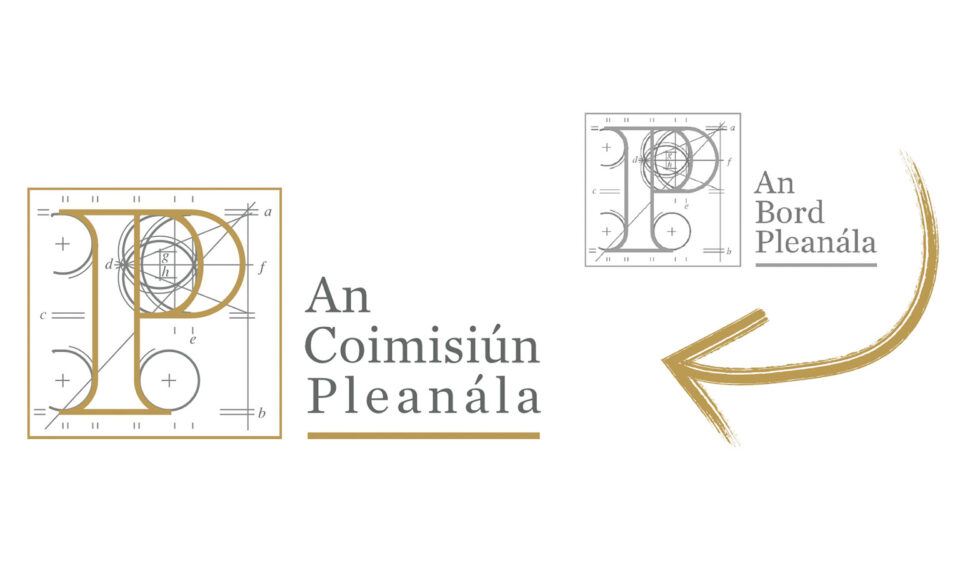
What the Planning and Development Act 2024 means for residential construction
30th June 2025
Multiple rental sector reforms announced
30th June 2025Hooke & MacDonald Research: Building of apartments coming to a standstill

Ken MacDonald – Hooke & MacDonald
The dramatic slowdown in the construction of apartments in Ireland began five years ago and intensified since then, with the absence of any newly built or forward-funded private rental sector transactions confirming the severity of the situation.
The only new build transaction in 2024 was a social investment one. Otherwise, there were no newly built private homes sold to or funded by institutional investors for the private rental market in the country in 2024. While 9,031 apartments were built in Dublin in 2023, this figure fell by 27 per cent to 6,608 in 2024, most of which were for the public sector or Build to Sell market, highlighting the deepening supply crisis including the following:
Thousands of landlords are leaving the market. Ireland needs a multifaceted approach to allow for it to build its extensive housing infrastructure requirements over the next decade.
From Hooke & MacDonald’s experience, the Rent Pressure Zones have had a massive negative effect on investment and supply in the rental market. This has been decimated and the construction of apartments for this sector is grinding to a halt.
The present system needs to be replaced as a matter of extreme urgency with a simple, straightforward, uncomplicated one that will not be bogged down in bureaucracy, otherwise there will be no improvement in supply over the next five years. International pension funds have stated to Hooke & MacDonald that the Irish housing market is presently uninvestable.
The ‘reference rent system’ suggested by The Housing Commission would cause further stagnation in investment in the rental market, just as it did in the Netherlands. It is too complicated and cumbersome and will prevent supply occurring.
Investment in the rental market has to be encouraged with suitable measures and incentives. If indefinite tenancies are considered this would be disastrous for investment. It would infringe the rights of property owners who may need to sell and it would affect property values. The notice periods are already very long and beneficial for tenants.
Going on the principle that what is needed is fair and uncomplicated the best solution is to have a very simple system that allows rents to increase in line with average wage growth in the economy. This is fair to tenants while also letting pension and other funds be confident that their income will rise in line with their obligations to pensioners in the years ahead. The system would need to allow stock that is currently under-rented as a result of rent pressure zones and high inflation to be reset back to an inflation adjusted rent over time.
The investment market is in such a decimated state now as a result of the rent pressure zones that, apart from replacing the current rent pressure zones, other measures may be needed as well to stimulate anything close to what is now required to solve the housing crisis. Despite much misinformed commentary from certain quarters about the Section 23 tax incentives, this was a hugely successful self-financing incentive and could be so again if targeted at Irish cities where the main need for rental accommodation exists.
What ruined it previously was spreading it to every corner of Ireland instead of confining it to urban locations. It is a very simple and straightforward incentive.
Necessary measures
- Ensure the rights of tenants are protected through proper enforcement of regulations, but not open ended tenancies.
- Bring more efficiency to Residential Tenancies Board processes, including the process for tenants who are in substantial arrears and not cooperating.
- Bring certainty to the funds regime and allow for large scale deployment of capital to fund and invest in Ireland’s housing infrastructure.
- Foster a pro-funder and pro-investment culture, grounded in policy certainty, similar to that which has been successful for decades in respect of foreign direct investment for multinational businesses such as IT, funds, and pharmaceuticals.
- Remove impediments in the planning system and zone substantially more land for development of housing. Allow for extension of planning permissions on thousands of apartment sites which have been unviable to date and are now coming to the end of their approval timelines.
- Continue the Help to Buy scheme for first time buyers on new homes, but not to be extended to older properties.
- Continue the First Home Scheme.
- Continue the Affordable Housing Scheme.
- Introduce tax incentives for the provision of student housing.
- Address infrastructure blockages.
The above measures, if implemented, would go a long way towards significantly increasing housing supply in Irish cities and towns and would reverse the downturn in apartment construction delivery.
Hooke & MacDonald
118 Baggot Street Lower
Dublin 2
PSRA No. 001651
T: 01 661 0100
E: info@hmd.ie
W: www.hookemacdonald.ie







